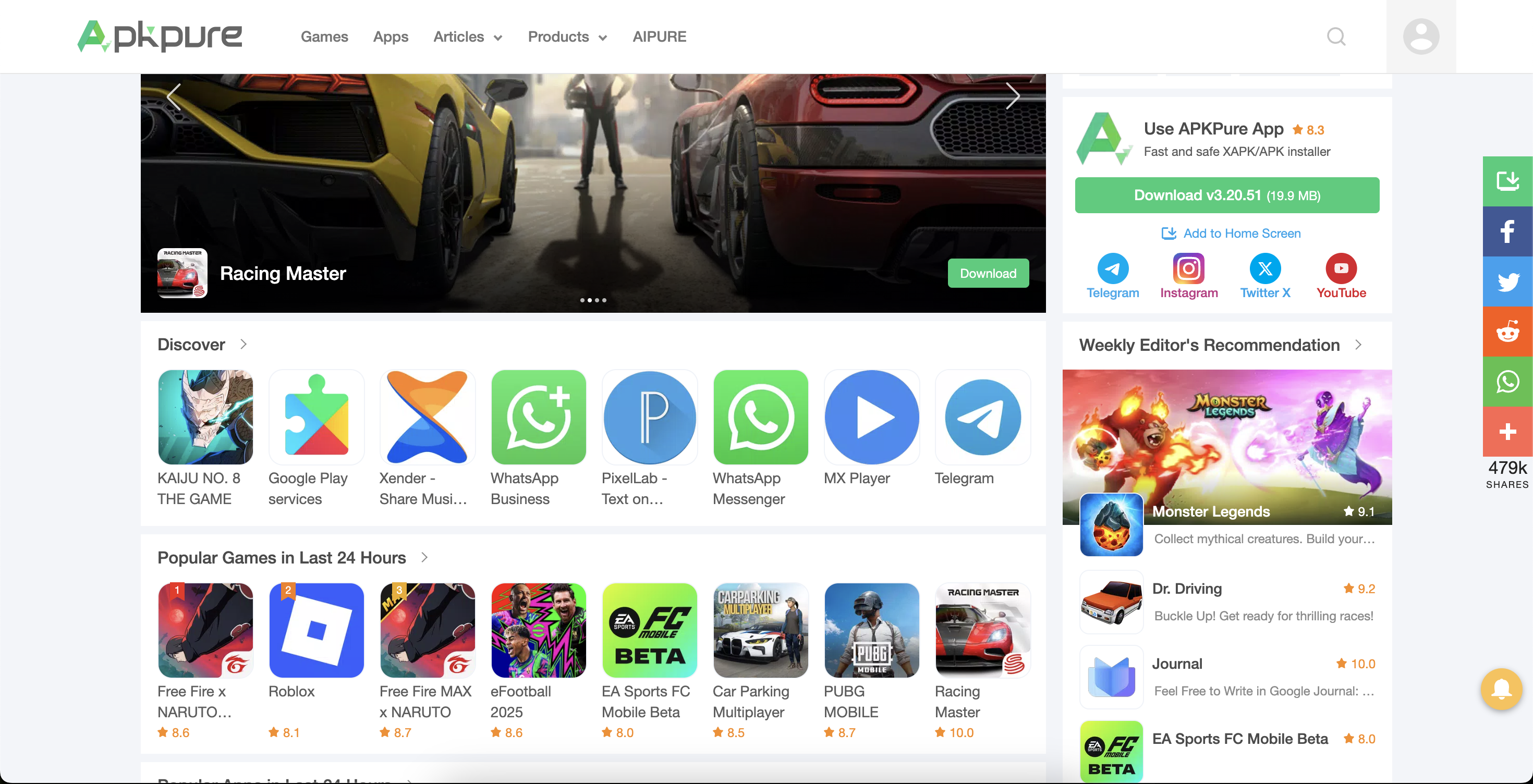Wow is Google really doing this to Android?
This is just horrible.
They want to take away the freedom we’ve always had with Android and APKs.
They want to have tight control over all the apps we can install on our Android phones.

So much for “open-source”. The one major advantage it always had over iOS.
As a dev who occasionally makes apps just for myself I was even recently thinking of switching to Android just because of this.
For over a decade it’s been the open alternative to Apple’s walled garden.
Letting you install apps from the web and decide what software you trusted without corporate gatekeeping.
All that is going straight down the toilet in a matter of months.
This can’t be happening
Starting in 2026 Google will begin blocking app installs from third-party sources unless the developer verifies their identity through Google’s systems.
That includes apps distributed via websites, alternative stores, or even shared directly between friends.
Starting in a few countries and then expanding globally in 2027 and beyond.
On paper, this isn’t about banning sideloading. Google insists sideloading is still “fundamental to Android.” But in practice, this is a shift from “your device, your choice” to “your device, Google’s terms.”
This isn’t an isolated case. We’ve seen this playbook before.

Google’s Manifest V3 changes in Chrome drastically limited the power of ad blockers and privacy extensions—under the guise of security and performance. Developers were forced to comply with new APIs that neutered their functionality, while Google’s own advertising stack remained untouched.
Now we’re watching the same logic creep into Android.
Claim security. Lock it down. Funnel developers into Google-controlled verification systems.
What began in the browser is now reaching the OS.
Tight control
There’s also a deeper undertone here: retribution.
Google recently lost a high-profile antitrust case against Epic Games, one that challenged Google Play’s monopoly over Android app distribution. The ruling confirmed what many already believed: that Google was making it unfairly hard to compete with the Play Store.
This new sideloading restriction looks suspiciously like a response. If Google can’t force developers into the Play Store economically, it can still do it technically—by requiring identity verification for sideloading and tightening the noose around “alternative” installs.
It’s not about user safety. It’s about regaining leverage.
For “security purposes”
Google justifies the new policy by citing malware concerns. They claim that apps installed from outside Play are “50 times more likely” to be harmful.
But that stat is misleading. Many users sideload trusted open-source apps, emulators, beta tools, or regional content that Play doesn’t allow.
How about just showing a big bold warning — like they already do?
This policy doesn’t stop verified malicious actors from tricking non-tech-savvy users. It only makes life harder for legitimate developers and power users.
Haven’t we had several case apps that Google allowed in the Play Store
It’s like banning tools because some people misuse them.
Who loses?
- Indie devs who distribute apps on GitHub, F-Droid, or their own websites.
- Privacy advocates using de-Googled Android forks.
- Global users in regions with censorship or unreliable Play Store access.
- And ultimately, all Android users who value the idea that they—not Google—control what runs on their phone.
Tightening control
This change doesn’t stand alone. It’s part of a slow march:
- Play Integrity APIs are becoming mandatory to access app features.
- Older APKs targeting pre-Android 7 are blocked by default.
- Device attestation is increasingly required to use modern apps.
- Google Play Services continues to tighten its grip over “certified” devices—nearly all Android phones globally.
Individually, these changes feel technical or benign. But together, they’re reshaping Android into a closed system wrapped in open-source PR.
Don’t be fooled
Google claims you can still sideload. Technically, yes—but only if the developer has been approved by Google.
That’s not freedom. That’s conditional freedom.
Just like Manifest V3 weakened privacy in Chrome, this move weakens independence in Android. And just like Apple’s ecosystem, it locks users into corporate gatekeeping—bit by bit, update by update.
This isn’t about safety. It’s about control, monetization, and reasserting dominance after a legal and reputational setback.
We must push back—because if Google succeeds here, it won’t stop. This is a stress test of how much user freedom can be taken without revolt.
And if we fail to resist, Android will become Apple—with extra steps.
